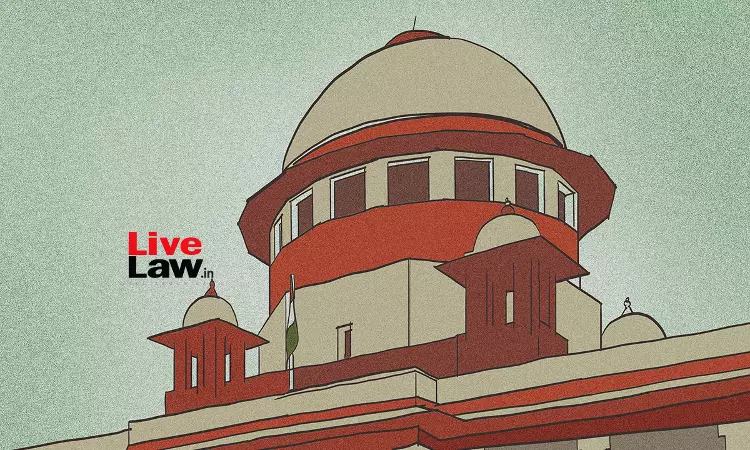The Supreme Court of India on Wednesday heard a petition seeking implement of the order dated 22.07.2022 which had directed the Center and the States to pay judicial officers pension as per the enhanced pay scale as recommended by the Second National Judicial Pay Commission. The matter was listed before a bench comprising Chief Justice DY Chandrachud and Justice PS Narasimha. At the...

